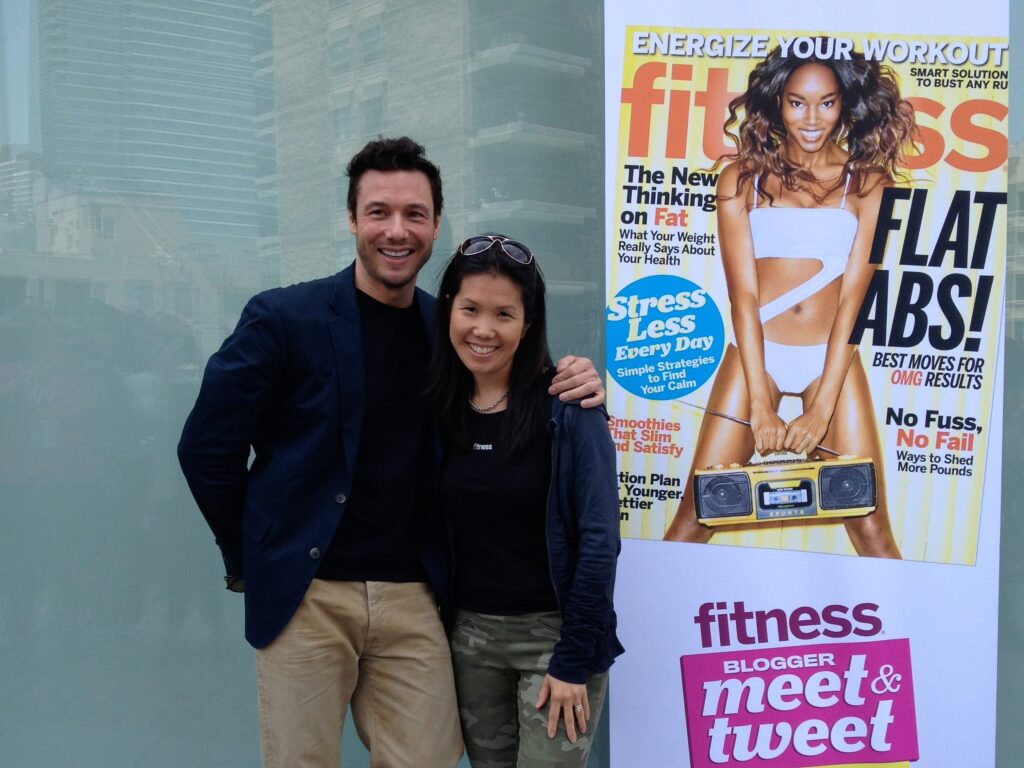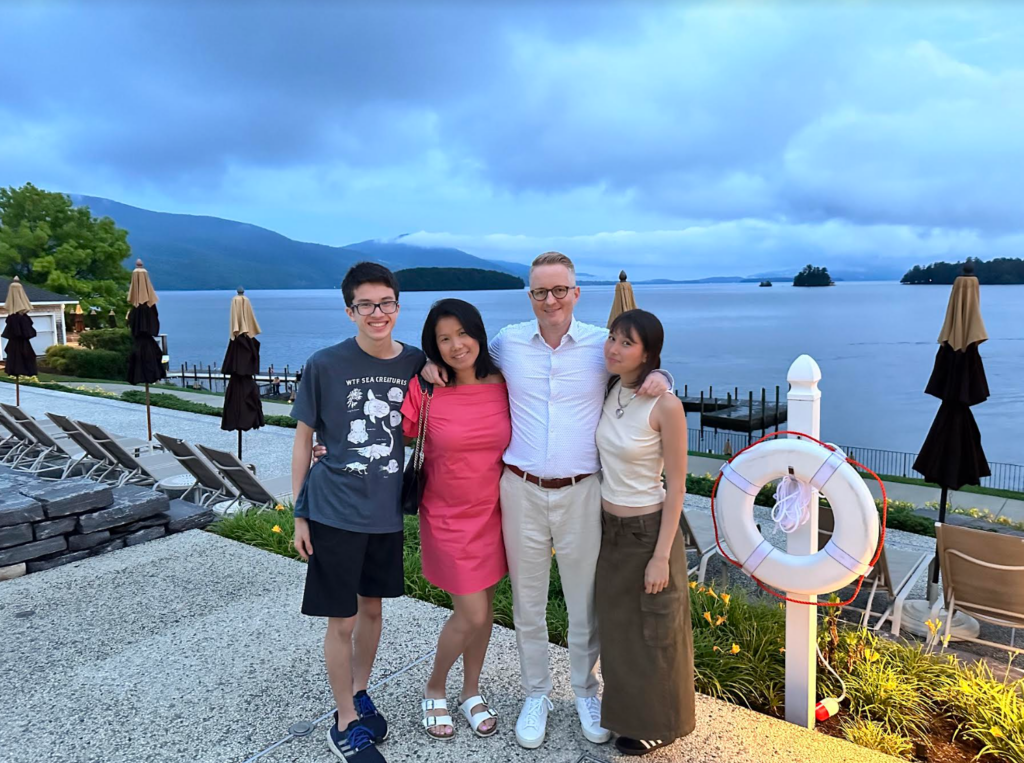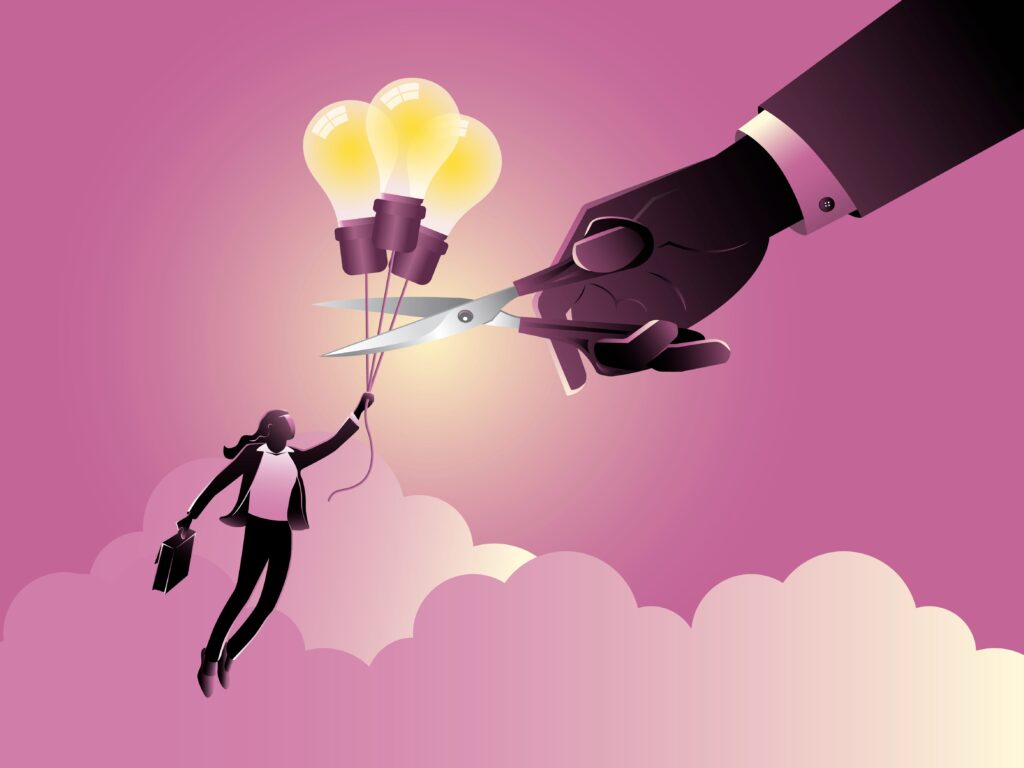- Betty Wong Ortiz has worked in media, startups, and tech.
- She's been laid off five times — and has learned a lot along the way.
- Ortiz said layoffs helped her to reinvent herself professionally, and she no longer fears them.
This as-told-to essay is based on a transcribed conversation with Betty Wong Ortiz, a 51-year-old content marketer, about her experience of being laid off several times during her career. The following has been edited for length and clarity.
My first layoff was devastating.
I was stuck in a cycle of ruminating about all the could-have, should-have, would-have things that might have helped me avoid getting laid off.
I remember having lunch with some of my colleagues and friends, who said, "This is not going to be your last layoff." I didn't want to believe that. I thought this was my one-and-done, and I would do my darnedest to have it never happen to me again.
When I first started working, I could not have imagined that I'd have to live through layoffs five times over eight years.
The industries I've been drawn to are very dynamic and sometimes high-risk. I've worked in magazine media, startups, and tech.
But I've learned a ton. I'm not afraid of layoffs anymore. I know that it's a temporary circumstance I will ultimately live through.
Layoffs taught me that my job is not my identity
I started my career as an editorial assistant and gradually rose up the ranks until I became editor in chief of Fitness Magazine in 2008. I was in that role for about seven years before becoming the VP of brand development for Meredith Corporation, which owned the title.
That was my first layoff in 2015. I was also an editor in chief at Runner's World, but was laid of in February 2018 after starting in June 2017. That was layoff number two.

Particularly when you're editor in chief, you assume the identity of your magazine brand, and that's very difficult to extract from who you are.
It took a while before I internalized that my job is not my identity. No matter what job title you had — editor in chief, a VP, a director, or a manager — that doesn't define who you are.
After assuming other jobs in different industries, I experienced less pressure to assume the identity of the role.
Now, when assuming a role, I want to do a really great job at creating something ambitious, and to leave things better than I found them, but I don't tie my identity to my job anymore.
Layoffs gave me space to invest in myself and pivot into a new industry
After my second layoff, I knew it was time to leave the media industry.
I knew that it would take a lot more networking and a lot more pitching. I started working with a career coach for the first time, and she helped me translate my experience in a way relevant to people outside publishing.
I started to set my eyes on other industries where I could continue doing storytelling and creating content. That led me to a few startups where I worked in marketing.
I landed a role at an oral care brand called Quip in May 2019 but was laid off in September. I then worked for a digital discount pharmacy called Blink Health.
Without having had the multiple layoffs I had in my career, I don't think I would've reinvented myself.
Change is always hard, but it can also be really good. Layoffs can be a much needed break to give you the space to invest in yourself. It's an opportunity to not only rest and reset but also realign your talents toward something that can be a better opportunity down the road.

Talking to your network is a better way to search for jobs than scrolling online for opportunities
It's really hard to be loyal to a company when they can make these broad decisions that sort of end the livelihoods of a large chunk of the workforce.
I am very loyal to all of the people that I've worked for and worked with. I stay loyal to these people, and not so much to the company, by continuing to network with my friends from previous jobs and looking for opportunities for people I've admired or enjoyed working with.
I've found that talking to your network is a more effective way of job searching than scrolling through postings on LinkedIn or Indeed. Those conversations can spark more ideas about where you could go next.
During periods of transition, I've tried to schedule at least two or three outings where I can meet a friend for lunch or coffee to strategize about our career paths.
It's often very surprising where your next opportunity will come from.
I was laid off from Blink Health in March 2020. I started working as a director of marketing content strategy for Dropbox in August 2020. I was referred to the role through an industry contact I'd met when I was at Fitness. We'd stayed in touch over the years, and shortly after she landed at Dropbox, she reached out and said I could be great for this head of content opening on her marketing team.
Layoffs aren't personal
I was laid off from Dropbox in April 2023 and was very much at peace with it.
I appreciated the opportunity to take a breather, whereas after my first layoff, I just couldn't wait to land another job. I also felt so much guilt and shame because it impacted my staff and team as well as me.
I don't regret any of my career choices but I do regret internalizing my first layoff so much.
I've been on the other side of the table where I've had to lay off my direct reports at Meredith and Blink Health. I know that, logically, a layoff has nothing to do with how well you performed and is almost always a result of macro forces.
What I've learned after five layoffs in less than eight years is that no industry is immune to instability. Trying to protect yourself from layoffs is a futile exercise.
It's become the new normal.
Yes, you should take the time to mourn that loss, and it's OK to be sad about it, but there is no room for guilt or shame in it.
I hope the more people talk about layoffs, the less they will feel it's something personal or a stigma. Everybody's going to go through it at some point in their career.
